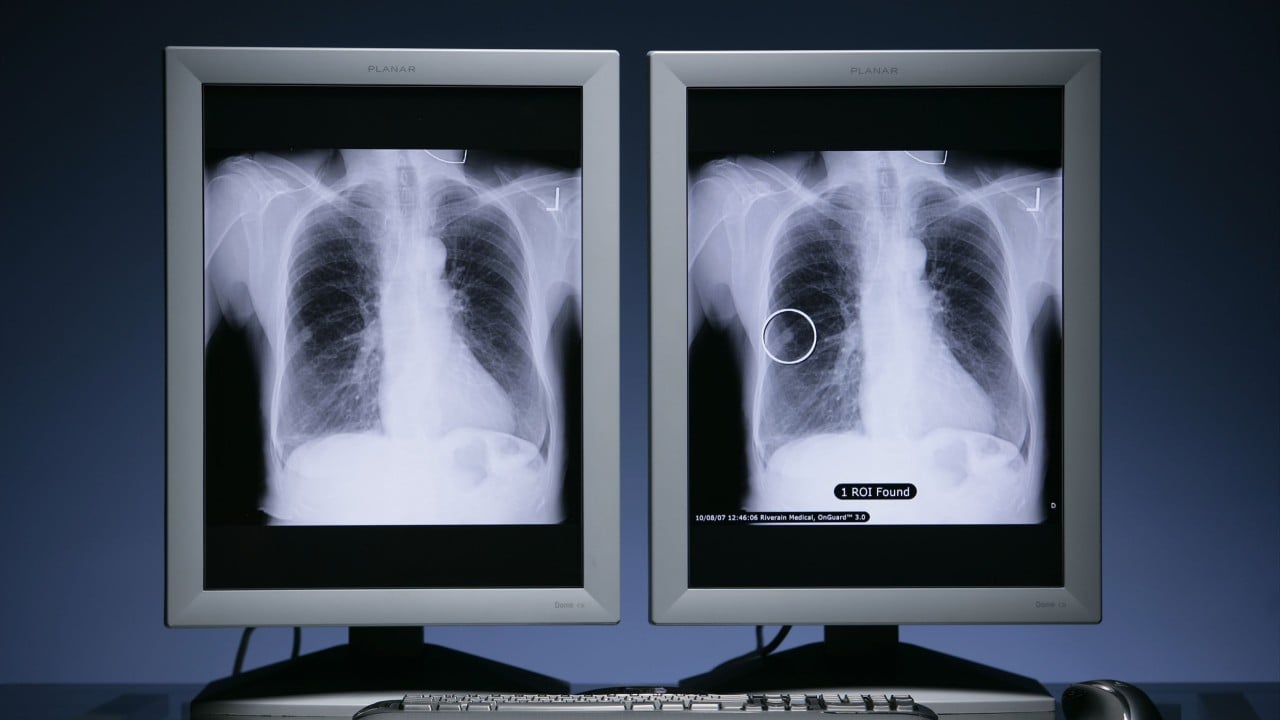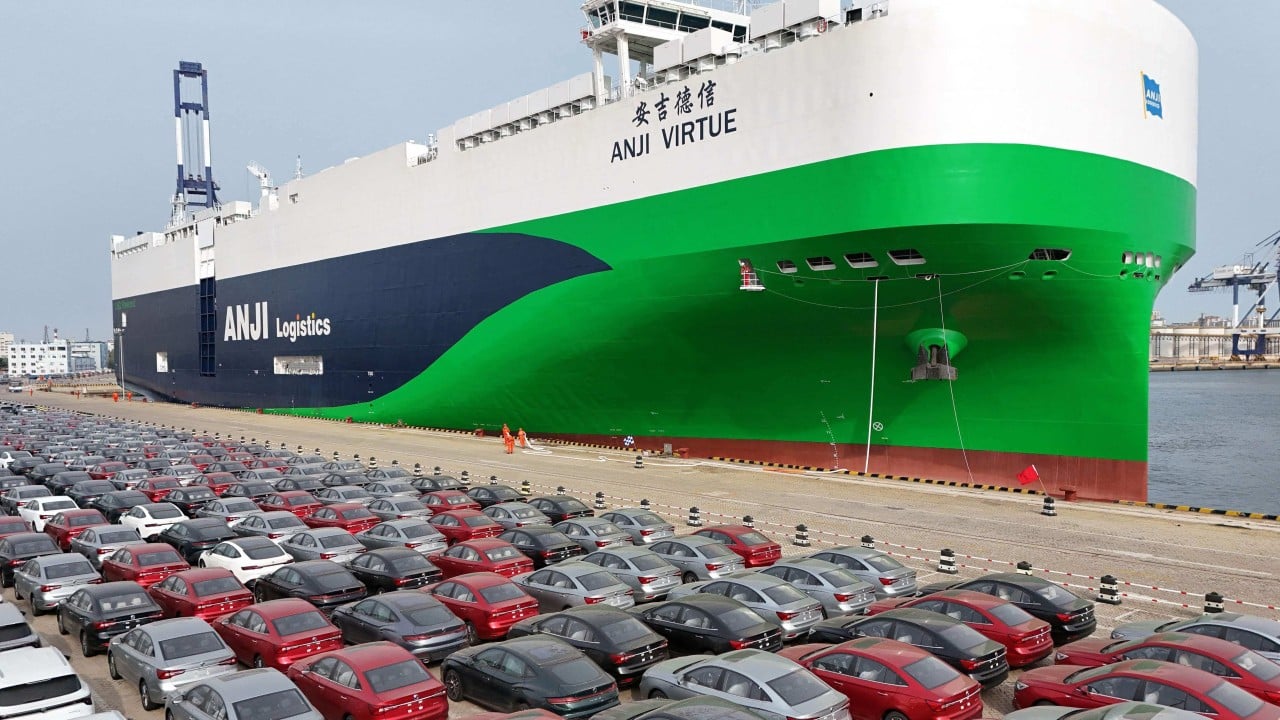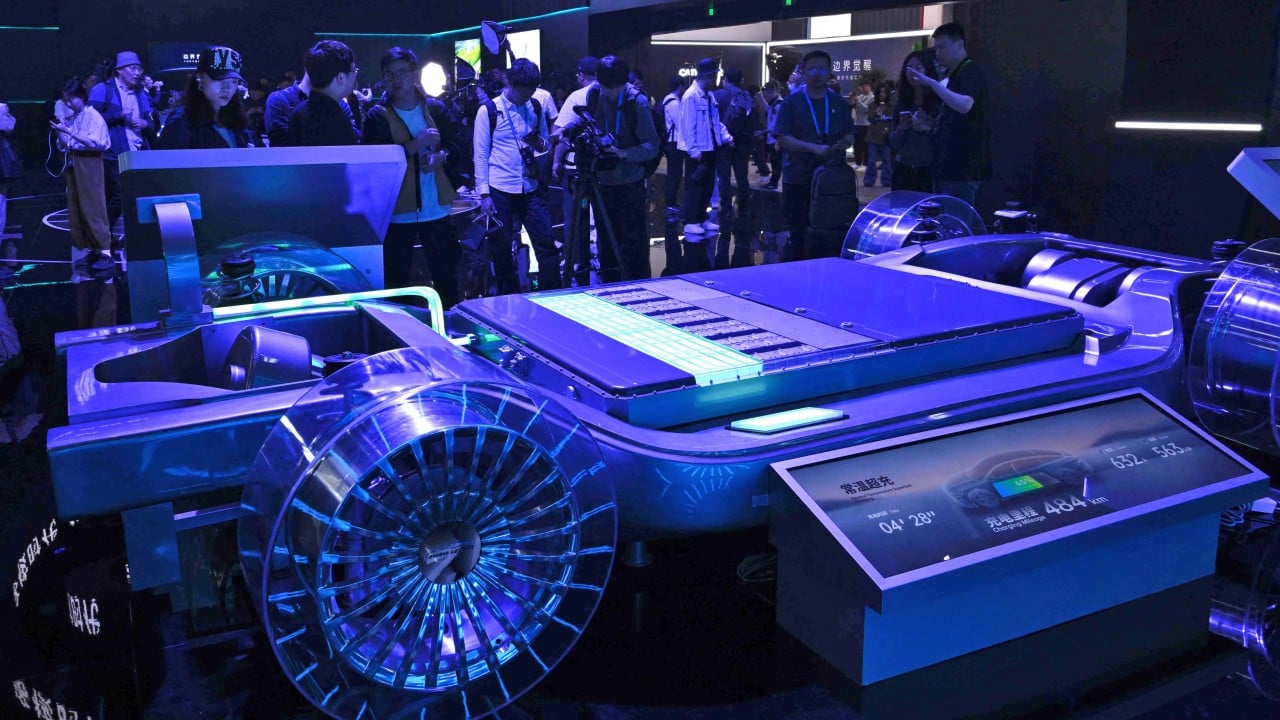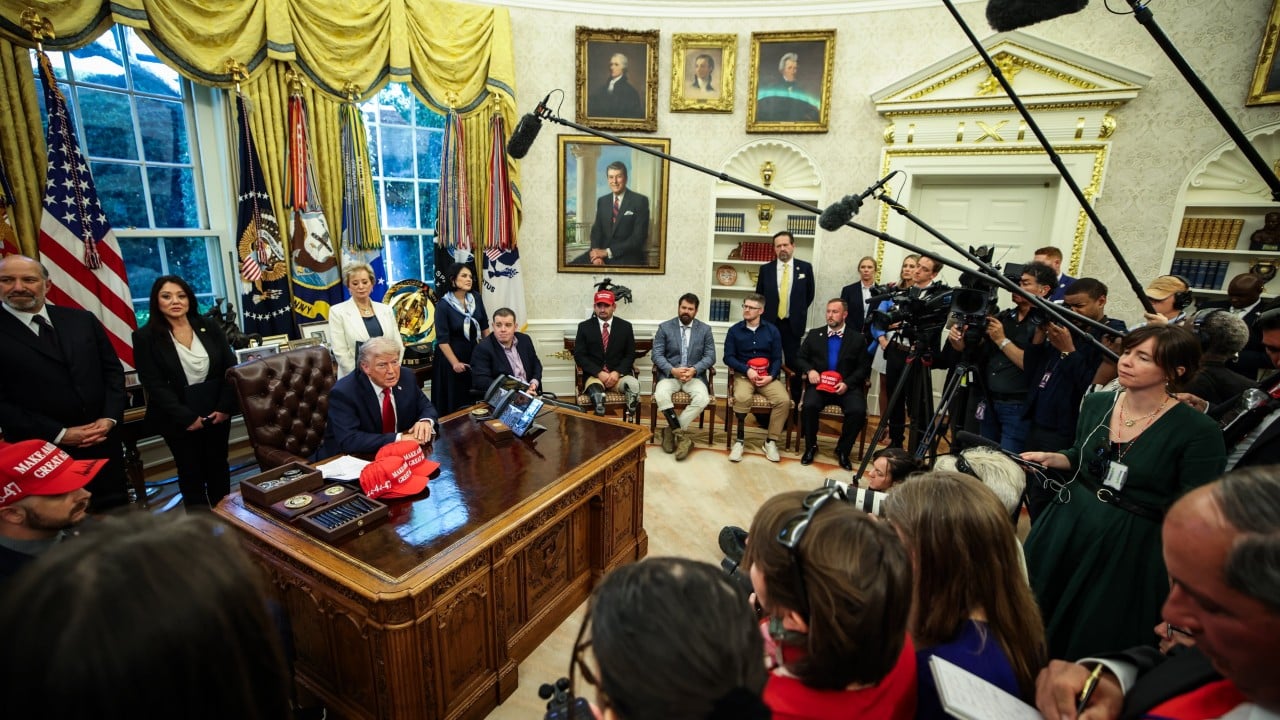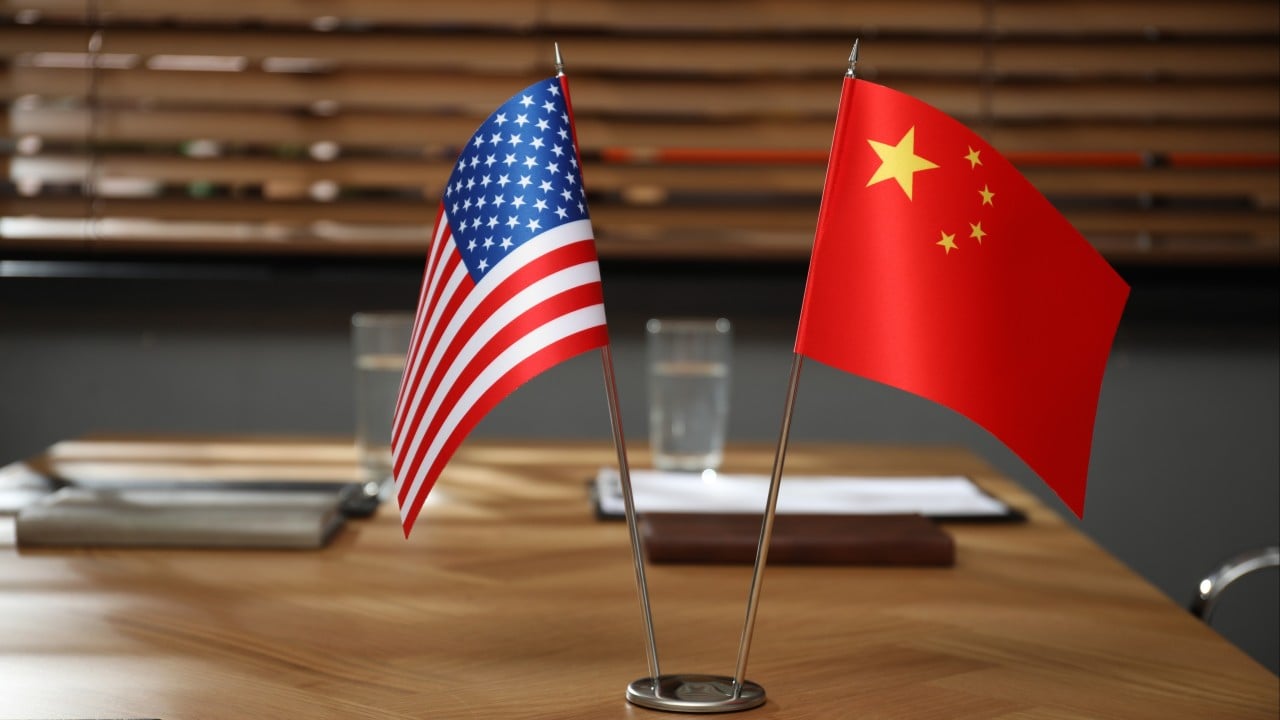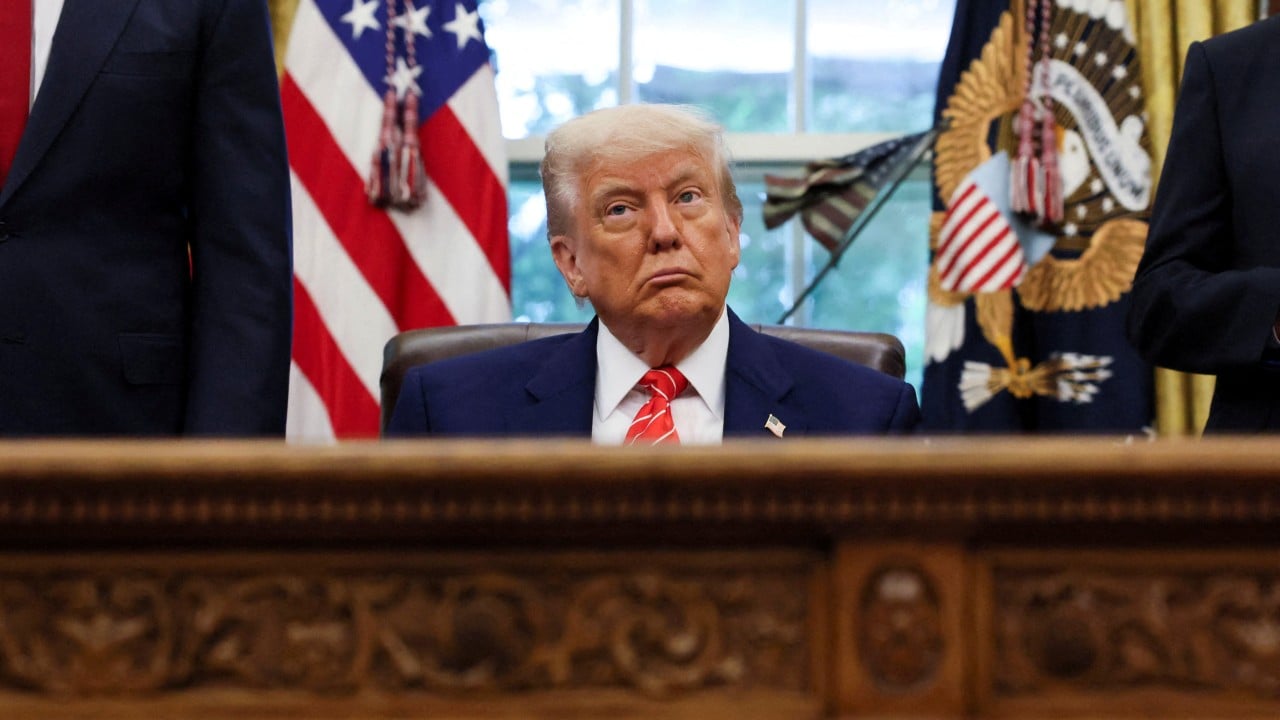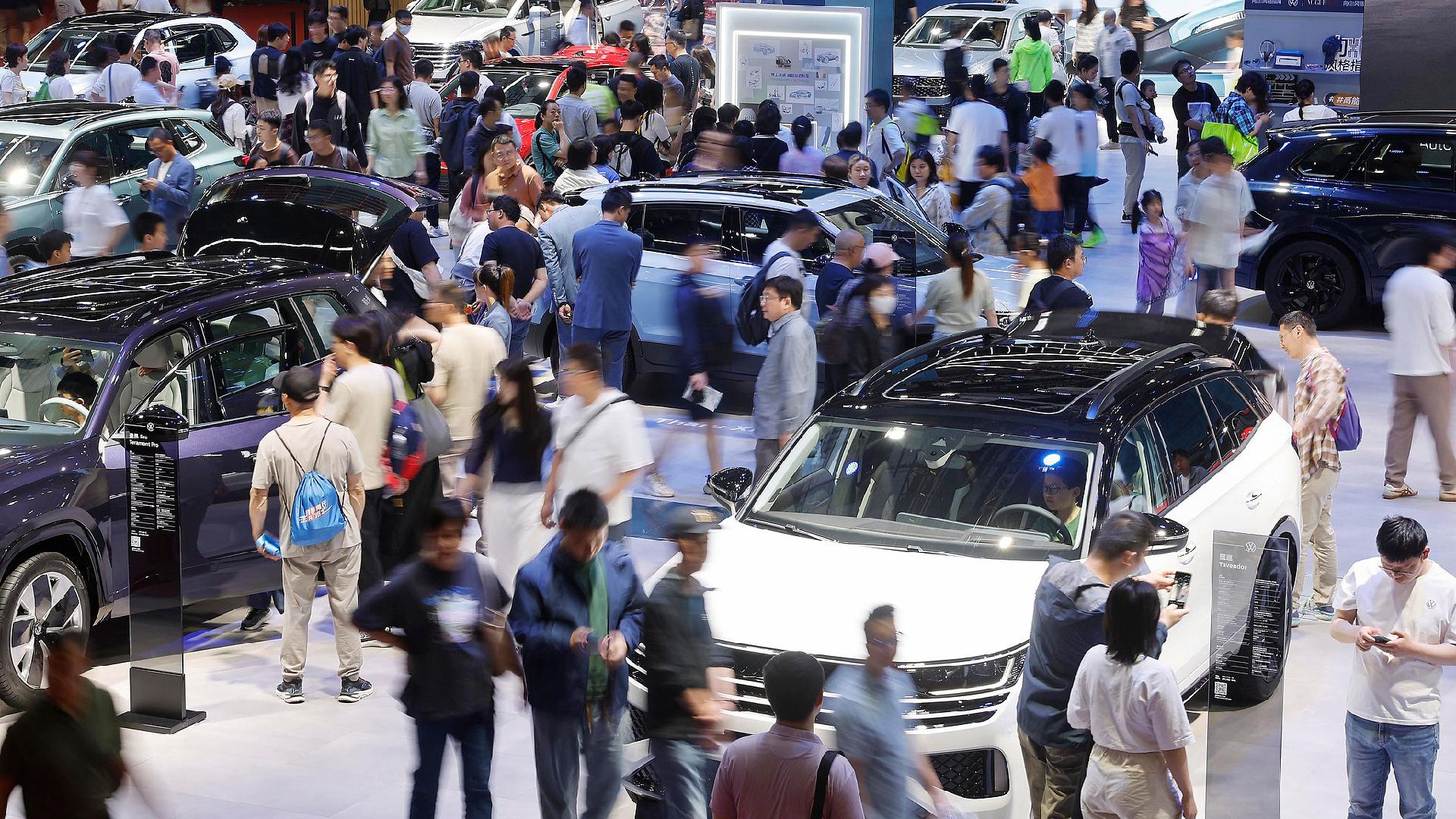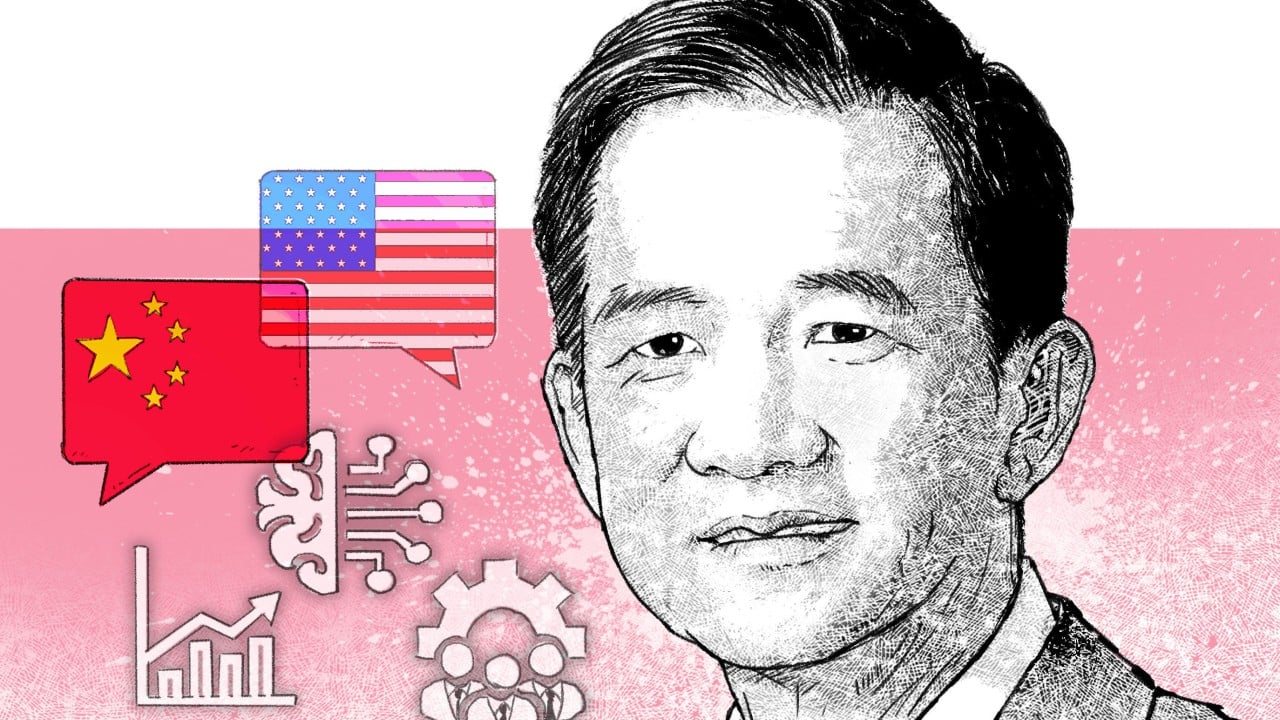
The Chinese auto market continued its strong momentum in April 2025, with domestic consumption showing robust growth driven by government incentives, a surge in electric vehicle (EV) adoption and a shift toward upgrade and replacement purchases.According to data released on Sunday from the China Passenger Car Association (CPCA), retail sales of passenger vehicles reached 1.7 million units in April, a year-on-year increase of 14.5 percent.
This marks one of the highest April retail growth rates in the past decade.EVs dominate retail salesThe most notable trend is the rapid rise of new energy vehicles (NEVs) in the domestic market.
In April alone, NEV retail sales hit 905,000 units, growing 33.9 percent year-on-year.
More significantly, EVs now account for over half of all passenger car sales, with a retail penetration rate of 51.5 percent.This growth is largely fueled by policy support, the CPCA report says, including nationwide replacement programs and tax exemptions for NEVs.
Among brands, Chinese automakers continue to dominate the NEV space.
Domestic brands achieved a 72.8 percent NEV penetration rate in April.
Leading players such as BYD, Geely, Chery and Changan have seen significant gains in both volume and brand loyalty.Shift toward upgrade and replacementAnother major transformation in the market is the changing nature of consumer behavior.
First-time buyers now make up only about 31 percent of private car buyers.
According to CPCA data, nearly 70 percent of private buyers benefited from the national trade-in program.The program, launched in early 2025, has received 2.7 million applications as of April 24, an increase of 1.2 million since March.
This policy not only helps reduce emissions but also boosts demand for premium and tech-rich vehicles.Stable prices and diversified promotionsDespite intense competition, the price war that characterized earlier parts of this decade appears to be cooling off.
In April, only 14 models saw official price cuts, a sharp drop from 41 models in April 2024.
Instead, automakers are turning to non-monetary incentives, such as enhanced owner benefits and software upgrades, to attract buyers without eroding margins.Looking ahead: policy support and consumer confidenceWith the May Day holiday boosting travel-related car purchases and further reinforcing consumer confidence in EV infrastructure, the outlook for the second quarter remains positive, the CPCA report says.While external trade pressures – particularly from Europe and the US – remain a concern, the domestic market continues to show resilience.
The CPCA emphasized that internal demand will be key to sustaining long-term growth, especially as China transitions toward a more mature, innovation-driven automotive ecosystem.

 9
9










